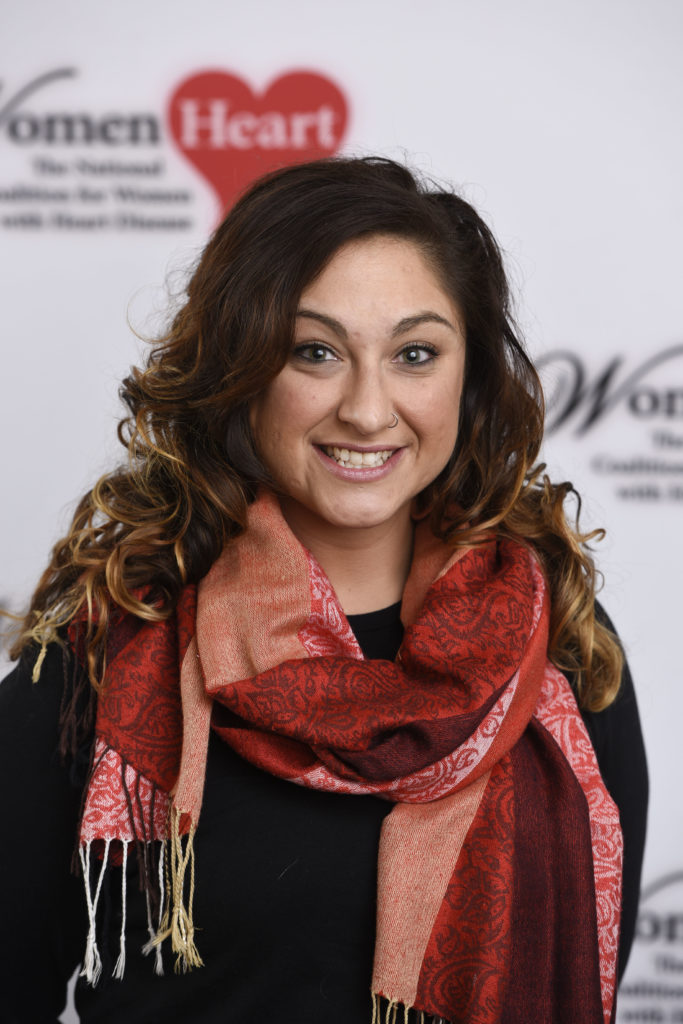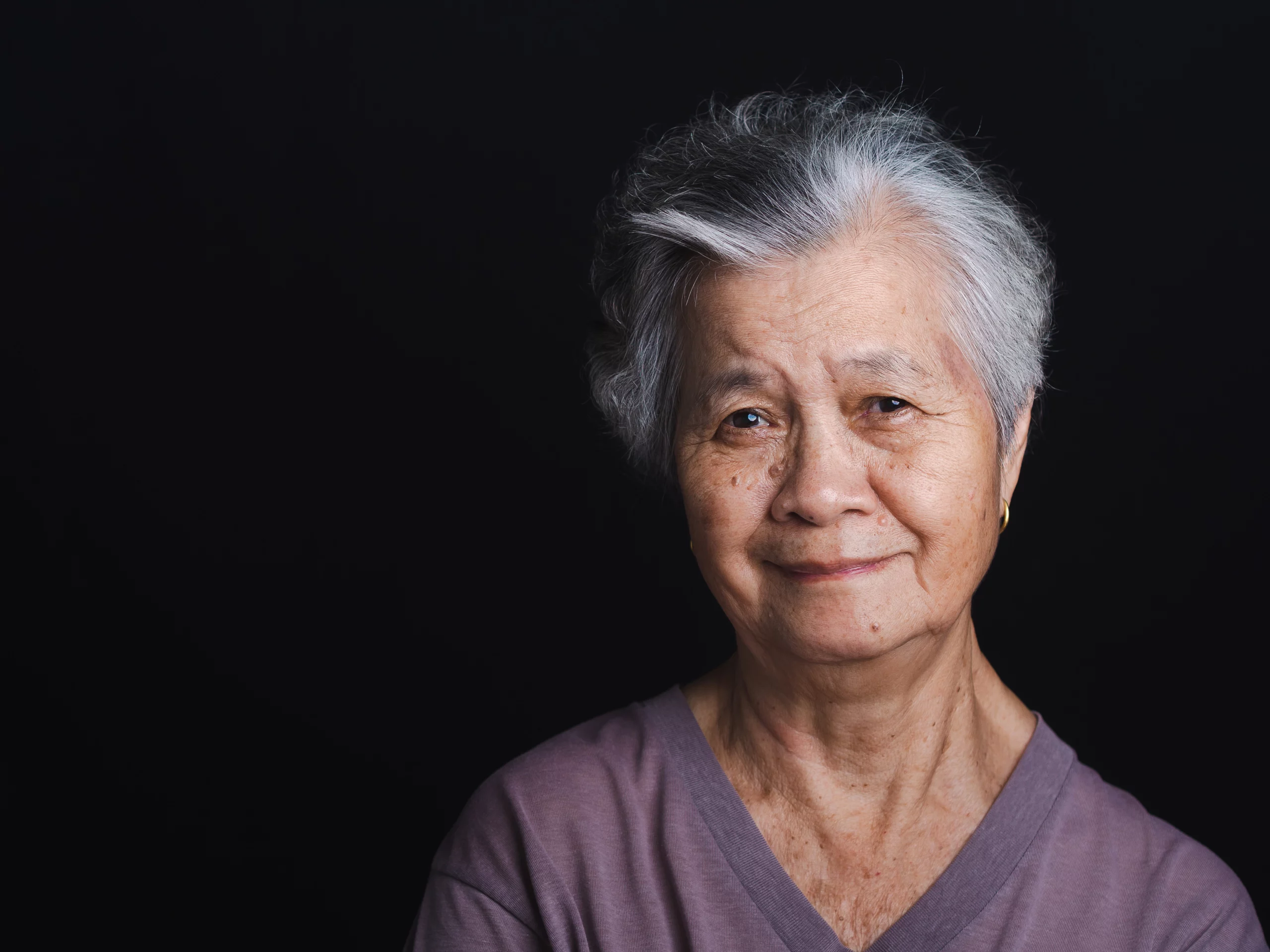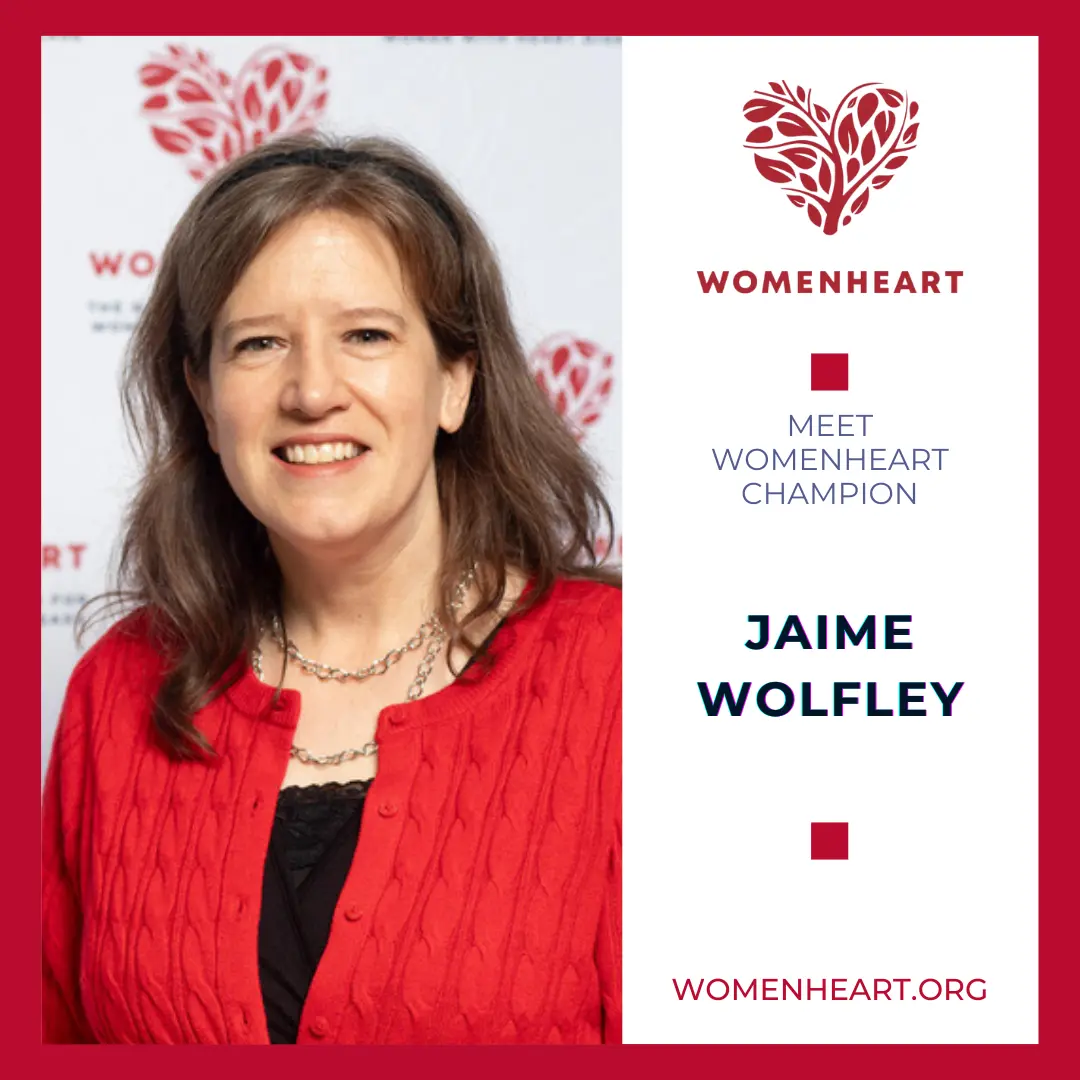At 26 years old, Georgia Leventis-Molina was settling into life as a newlywed, focusing her time on her son, Zariah (now official by marriage), school, and her job in the hospitality business. But when she injured her back at work, she found herself caught in a torturous web of visiting the emergency room (ER).
 “They kept giving me pain pills, but nothing was getting better,” Georgia recalls.
“They kept giving me pain pills, but nothing was getting better,” Georgia recalls.
One day, she was home and the pain was so severe, she couldn’t move. As she laid down in her son’s bed to take a nap, her husband came home from work and asked how she was feeling. When she told him her vision was blurred, he insisted they go to the ER again. “Jody recognized the signs and saved my life.”
When they arrived, Georgia says she is now told that she was acting so unlike herself, making strange noises and movements and experiencing temporary blindness. Looking back on it all, she’s so grateful that her husband, Jody, recognized the signs that something is really wrong.
What came next was a battle to figure out her diagnosis. At the hospital that evening, the doctors took her blood and found she tested positive for opioid use, so they dismissed her symptoms. Unable to speak for herself, her husband and mother insisted “These are the pills you gave her to cope with the back pain; not drugs for recreational use.” This was before electronic medical records were fully implemented. Luckily, her family was there to advocate for her and insisted on further testing.
Finally, one doctor, Dr. Sreenivas Kamath, whom she’d read about in her medical records from her visit, and is now, in a pleasant twist of fate, her cardiologist, predicted it could be an infection and tested her blood. The results showed a staph infection with bacterial endocarditis with sepsis.
“Basically, a piece of my heart broke off, moved to my brain (septic emboli), and was causing a stroke,” she says.
Stunned and afraid, Georgia’s family didn’t know what to expect next, until doctors advised the unthinkable: they put her in an induced coma for a week. When she awoke, doctors performed a battery of tests and determined that the infection had ravaged her heart valves, requiring open heart surgery to either repair or replace the mitral and tricuspid valves, a daunting task for any surgeon. After transferring hospitals, her cardiologist at University of Michigan, Dr. Jonathon Haft, performed a miracle, she says.
“He and his team were amazing, and he somehow managed to repair my valves by putting an annuloplasty ring and band around them to help them flap correctly,” Georgia explains. Sent home two weeks later, for the next 4-6 weeks, Georgia worked with a physical therapist and home nurse while she had the peripherally inserted central catheter (PICC) line in her arm. At the time, she worked at a hotel in food and beverage training and taught alcohol safety classes there and in the community. She worked hard to return to work part-time 5 months later.
Today, she oversees all off-site catering sales and events in Kalamazoo and Portage for a brewery, a dream job for a woman who loves a good porter or stout. She does not drink much, always taking caution to protect her heart, so when she does indulge, she enjoys it that much more. “If you’re going to drink a beer, at least drink something good.”
After struggling with depression post-heart surgery, a friend of hers suggested she meet with other women heart disease survivors for support.
“We met up at a mall in Kalamazoo, and I met these women, all different ages, all different heart disease diagnoses, and we became really close. In fact, it changed my life, and that’s how I started volunteering with WomenHeart.”
In 2015, Georgia completed the Science & Leadership training at Mayo Clinic and cultivated a tight bond of sisters with whom to share her ups and downs along her heart journey. Three of the four heart-sisters that met that day are now WomenHeart Champions and run a group in the Greater Kalamazoo area. She says as long as she’s helping people, she’ll remain happy in her work.
“My doctor told me the reason I was able to survive and come out of it was because I was a healthy young person,” Georgia says. “But it taught me not to ever judge a book by its cover. Heart disease can happen at any age, and the medical community needs to catch up with this.”
She knows firsthand how women, especially young women, are treated differently than men, a sad fact confirmed by many of our WomenHeart Champions.
“I feel like volunteering to raise awareness and spread the word and help WomenHeart is why I was given a second chance,” Georgia says. “I knew I always wanted to help people. I took something negative and turned it into a positive.”




